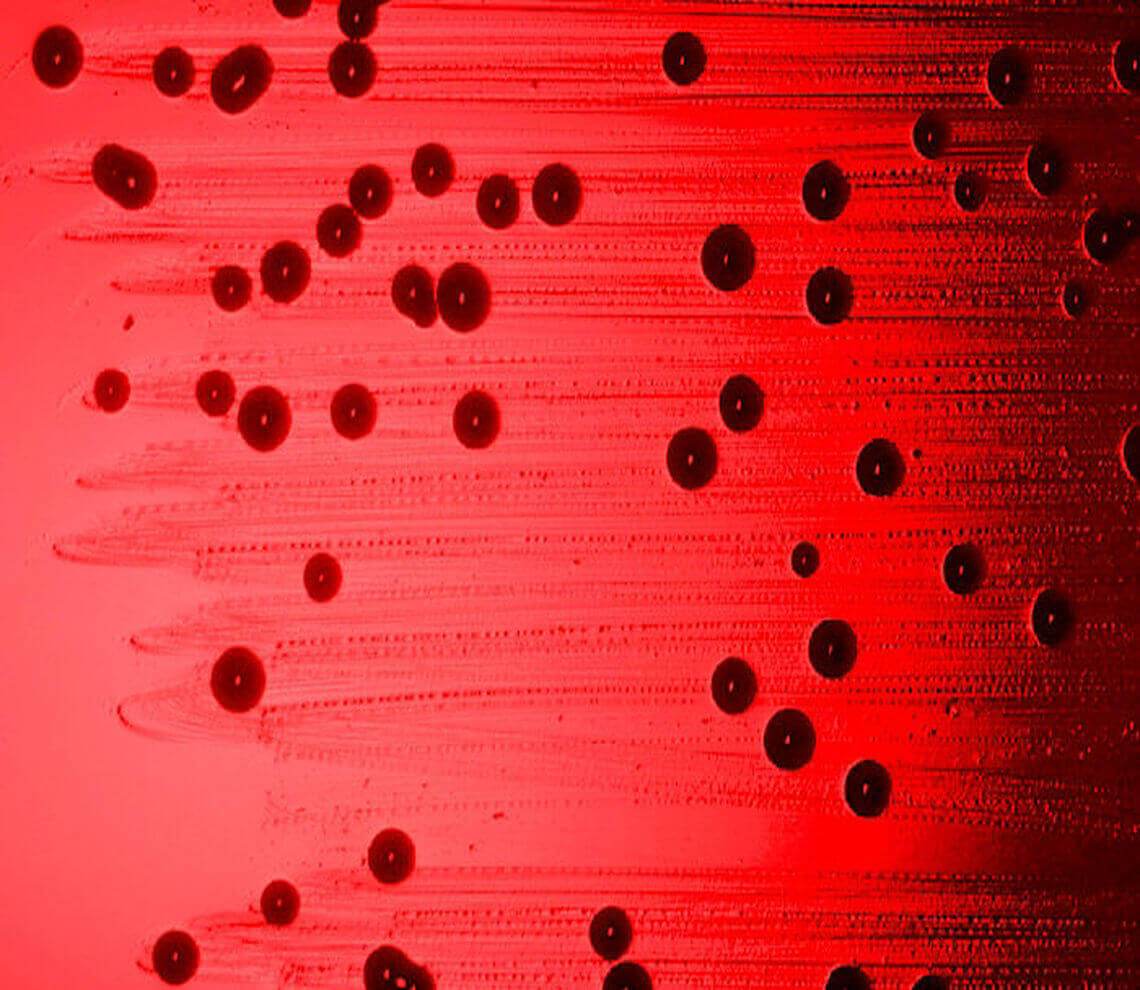- Our Suppliers
- MBS Monoclonals
- MOUSE Anti-HUMAN H-Ras Antibody
Product short description
Price:
370 EUR
Size:
100ug
Catalog no.:
GEN217403
Product detailed description
Gene name synonims
N/A
Purification method
N/A
Immunoglobulin isotype
IgG1
Also known as
H-Ras
Gene name
H-Ras
Clone
H-Ras-03
French translation
anticorps
Clonality
Monoclonal
Category
Antibodies
Latin name
Mus musculus
Host organism
Mouse (Mus musculus)
Subcategory
Mnoclonal antibodies
Concentration
IgG concentration 1.0mg/ml
Tested applications:
ELISA (EIA), Western Blot (WB)
Form/Appearance
Purified (Purified IgG - liquid)
Other gene names
HRAS; HRAS; CTLO; HAMSV; HRAS1; K-RAS; N-RAS; RASH1; C-H-RAS; H-RASIDX; C-BAS/HAS; C-HA-RAS1; HRAS1
Description
This antibody needs to be stored at + 4°C in a fridge short term in a concentrated dilution. Freeze thaw will destroy a percentage in every cycle and should be avoided.
Species reactivity
Human (Homo sapiens); Due to limited knowledge and inability for testing each and every species, the reactivity of the antibody may extend to other species which are not listed hereby.
Other names
GTPase HRas isoform 1; GTPase HRas; GTPase HRas; p21ras; H-Ras-1; p19 H-RasIDX protein; c-has/bas p21 protein; transforming protein p21; Ha-Ras1 proto-oncoprotein; c-ras-Ki-2 activated oncogene; GTP- and GDP-binding peptide B; transformation gene: oncogene HAMSV; Ras family small GTP binding protein H-Ras; v-Ha-ras Harvey rat sarcoma viral oncogene homolog; H-Ras-1; Ha-Ras; Transforming protein p21; c-H-ras; p21ras
Storage and shipping
Store the antibody at +4 degrees Celsius for short-term storage and at -20 degrees Celsius for long-term.Storage in frost-free freezers is not recommended. the antibody should be stored undiluted. Repeated freeze - thaw cycles may denature the peptide chains of the antibody and therefore should be maximally avoided. If there is a precipitate in the vial we recommend you to briefly microcentrifugate it prior to use. Shelf Life: 18 months from date of dispatch.
Test
MBS Monoclonals supplies antibodies that are for research of human proteins.Mouse or mice from the Mus musculus species are used for production of mouse monoclonal antibodies or mabs and as research model for humans in your lab. Mouse are mature after 40 days for females and 55 days for males. The female mice are pregnant only 20 days and can give birth to 10 litters of 6-8 mice a year. Transgenic, knock-out, congenic and inbread strains are known for C57BL/6, A/J, BALB/c, SCID while the CD-1 is outbred as strain.
Properties
If you buy Antibodies supplied by MBS Monoclonals they should be stored frozen at - 24°C for long term storage and for short term at + 5°C.Human proteins, cDNA and human recombinants are used in human reactive ELISA kits and to produce anti-human mono and polyclonal antibodies. Modern humans (Homo sapiens, primarily ssp. Homo sapiens sapiens). Depending on the epitopes used human ELISA kits can be cross reactive to many other species. Mainly analyzed are human serum, plasma, urine, saliva, human cell culture supernatants and biological samples.
Specificity and cross-reactivity
H-Ras This item specifically recognises human H-Ras, otherwise known as p21Ras, a _x000D_ubiquitously expressed lipid-anchored GTPase and member of the Ras superfamily of small GTPases, which acts as a molecular signal transduction on/off switch on the inner surface of the plasma membrane and endomembranes. _x000D__x000D_H-Ras, N-Ras and K-Ras4A/4B are highly related RAS genes which regulate pathways involved in cell differentiation, proliferation, adhesion, migration and apoptosis and are known proto-oncogenes. Mutations in the H-Ras gene are responsible for the rare condition known as Costello syndrome characterized by facial, cardiovascular and musculoskeletal abnormalities and mental retardation.; Since it is not possible to test each and every species our knowledge on the corss reactivity of the antibodies is limited. This particular antibody might cross react with speacies outside of the listed ones.
© Copyright 2016-Tech News . Design by: uiCookies

